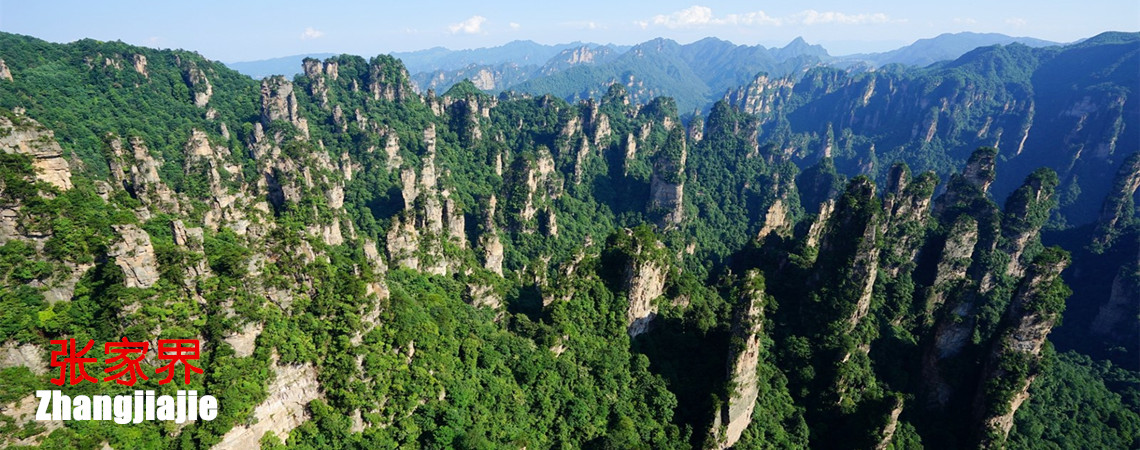Skype: neodalle-travel
Tel: +86 135 7447 2266
E-mail: sales@zhangjiajieholiday.com

Zhangjiajie raises excellent people and contains various resources. The long history of many nations, original customs together with modern culture contribute to a colorful painting.
Zhangjiajie is a habitation for minority nationalities. During the long history, Han people, Tujia people, Miao people, Bai people together with the people of other nationalities co-create a unique culture.
Zhangjiajie, a fairyland gathering essence of the heaven, has brought up thousands of elites in the hundreds of years. Among them, there are He Long——the great Chinese proletarian revolutionary leader, one of the founders of PLA, one of the ten marshals in China; Xiang Dakun, the leader of a great peasant uprising; He Pengfei, an assistant commandant in the navy of PLA; Liu Mingdeng, a chief of Taiwan soldiers in Qing Dynasty; and Chen Nengkuan, the receiver of “Two Missiles & One Satellite Medals”.
Due to the reform and opening-up for more than two decades, special culture, campus culture, community culture, traveling culture, and other modern cultures constitute the lively and colorful culture world of Zhangjiajie; while inheriting traditional advantages and creating some new features as well. Now the number of cultural entertainment places, including cinemas, singing-dancing halls, cultural clubs, parks reaches more than 1000. The city also enjoys 3 public libraries with 105,000 books, 5 regional TV stations and 5 broadcasting stations, which cover all the urban and rural areas. There are 1,599 schools of all levels with 251,100 students in all.
Zhangjiajie is named after the Zhangjiajie Scenic Area. In 1979 Zhangjiajiese found this rare forest in the world. In 1982, after the permission of the State Council, the State Planning Committee approved Zhangjiajie to be the first national forest park in China. In 1988, Dayong City where Zhangjiajie is located, jointly combined with Sangzhi where Mountain Tianzi lies and Cili where Suoxi Valley sits, became a city under the direct administration of provincial government. In 1992, Wulingyuan Nature Reserve, consisting of Zhangjiajie National Forest Park, Mountain Tianzi Reserve and Suoxi Valley Reserve, has been listed in the “World Natural Heritage” by UNESCO. In 1994, Dayong City was renamed as Zhangjiajie City under the permission of the State Council. Now, Zhangjiajie has basically become a large-scale, high-rank tourist resort where mountains, lakes, caves and historical culture and special customs are well blended in the area of 500 square kilometers. It has Zhangjiajie National Forest Park, Mountain Tianzi Reserve and Suoxi Valley Reserve as its core, and Maoyan River, Nine-Heaven Cave, Mountain Five-Thunder, and the Universal Light Temple as its satellite tourist resorts. So far, more than 20 scenic spots have been explored, and more than 30 tourist routes have been formed. The total traveling lane adds up to more than 500 km.
 Ask Questions ?
Ask Questions ?